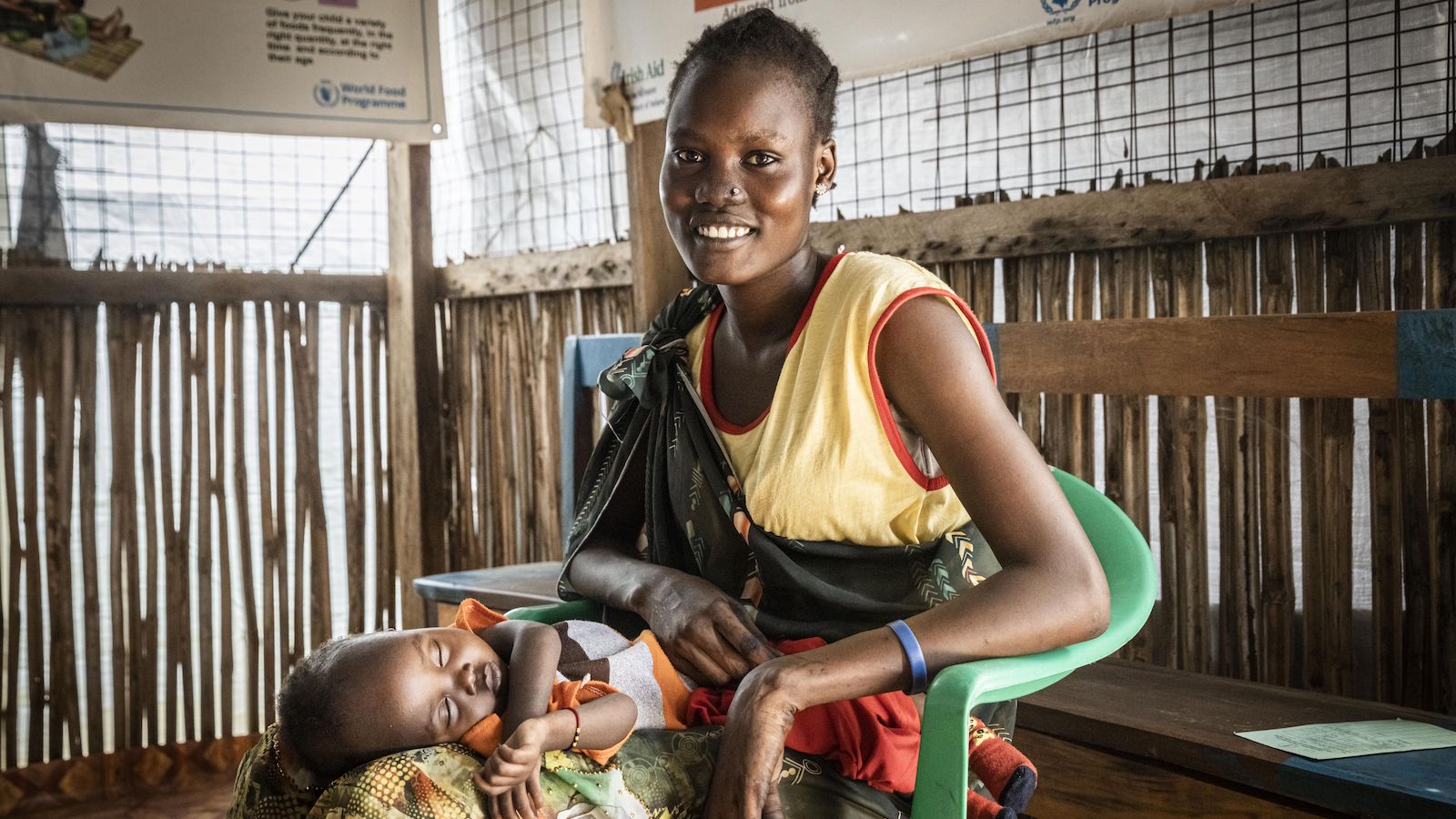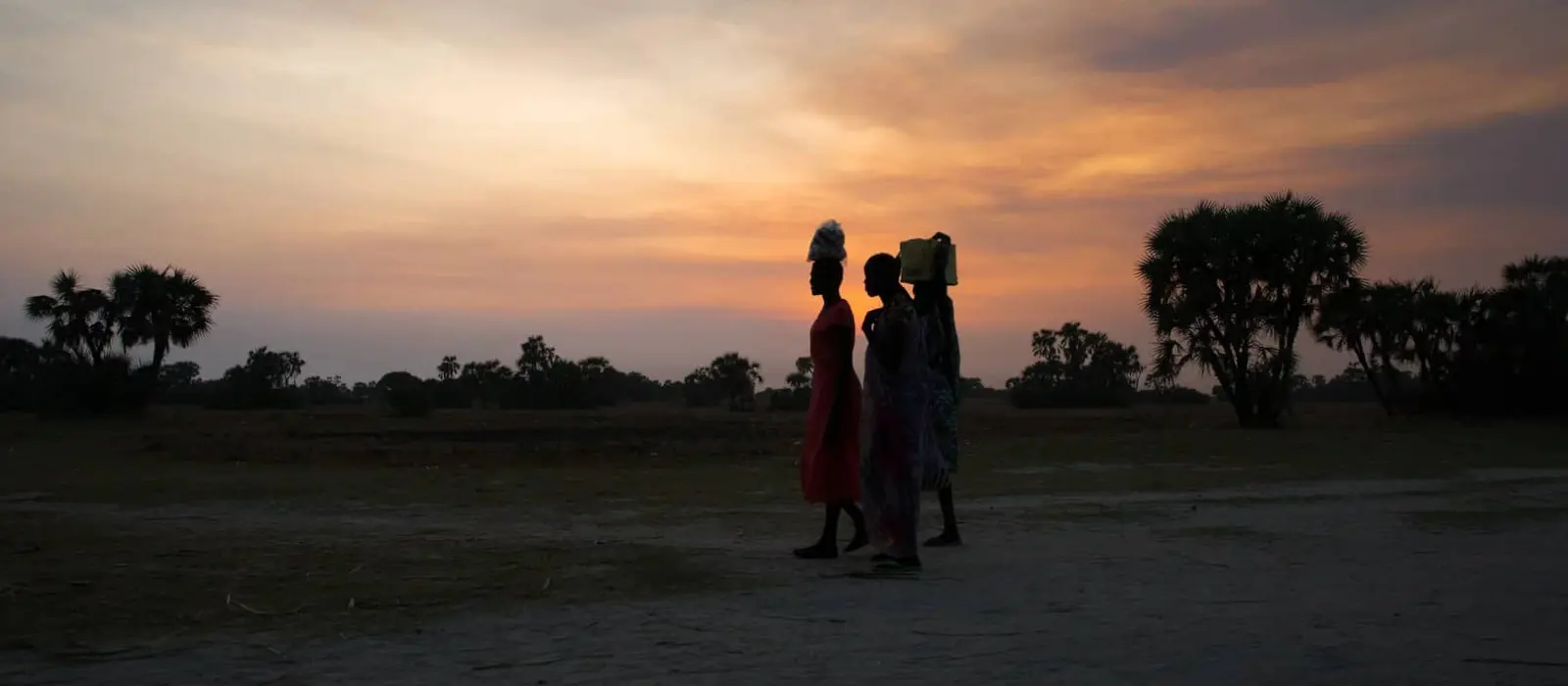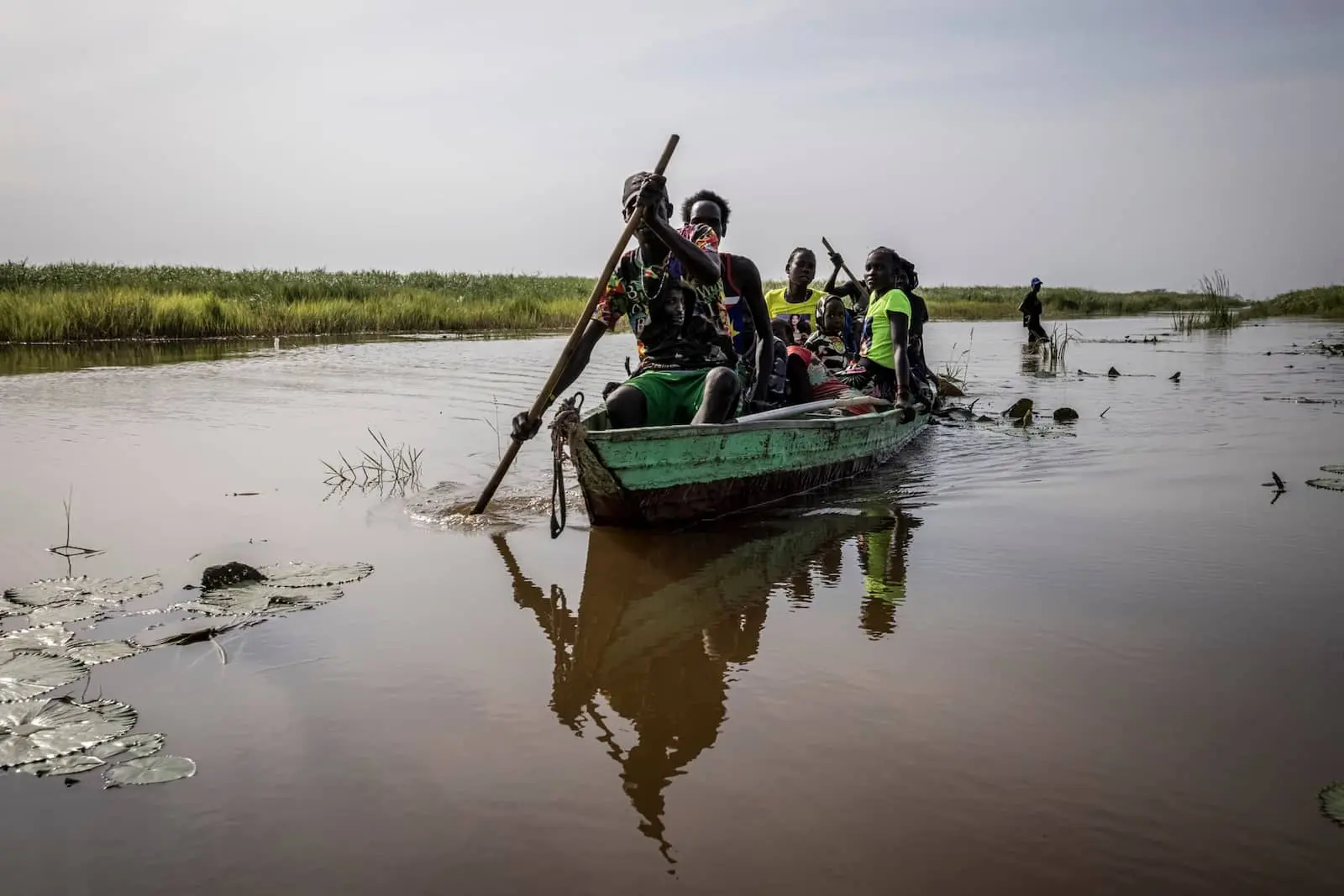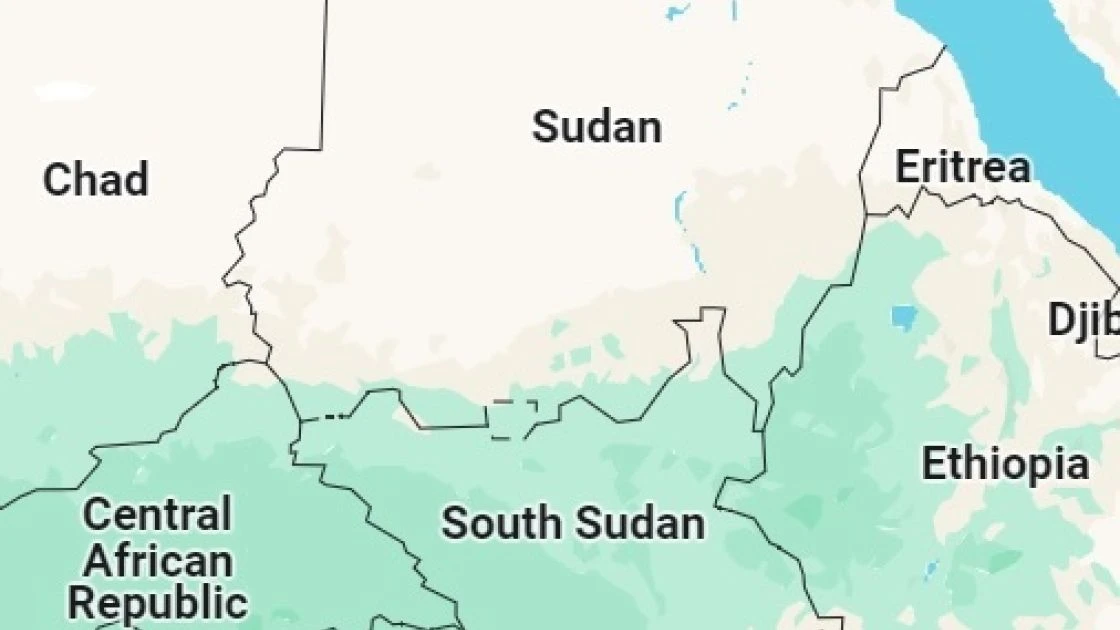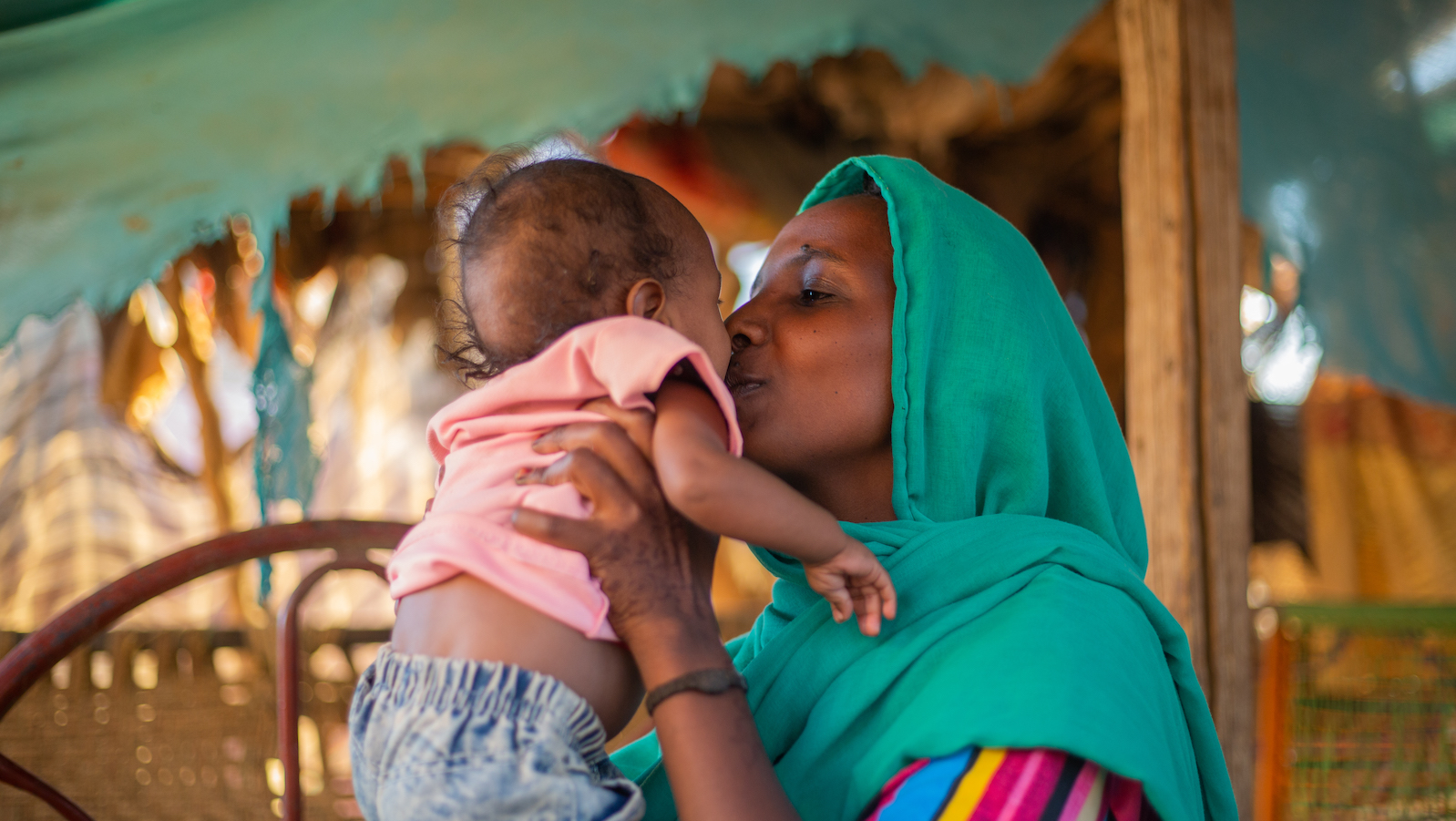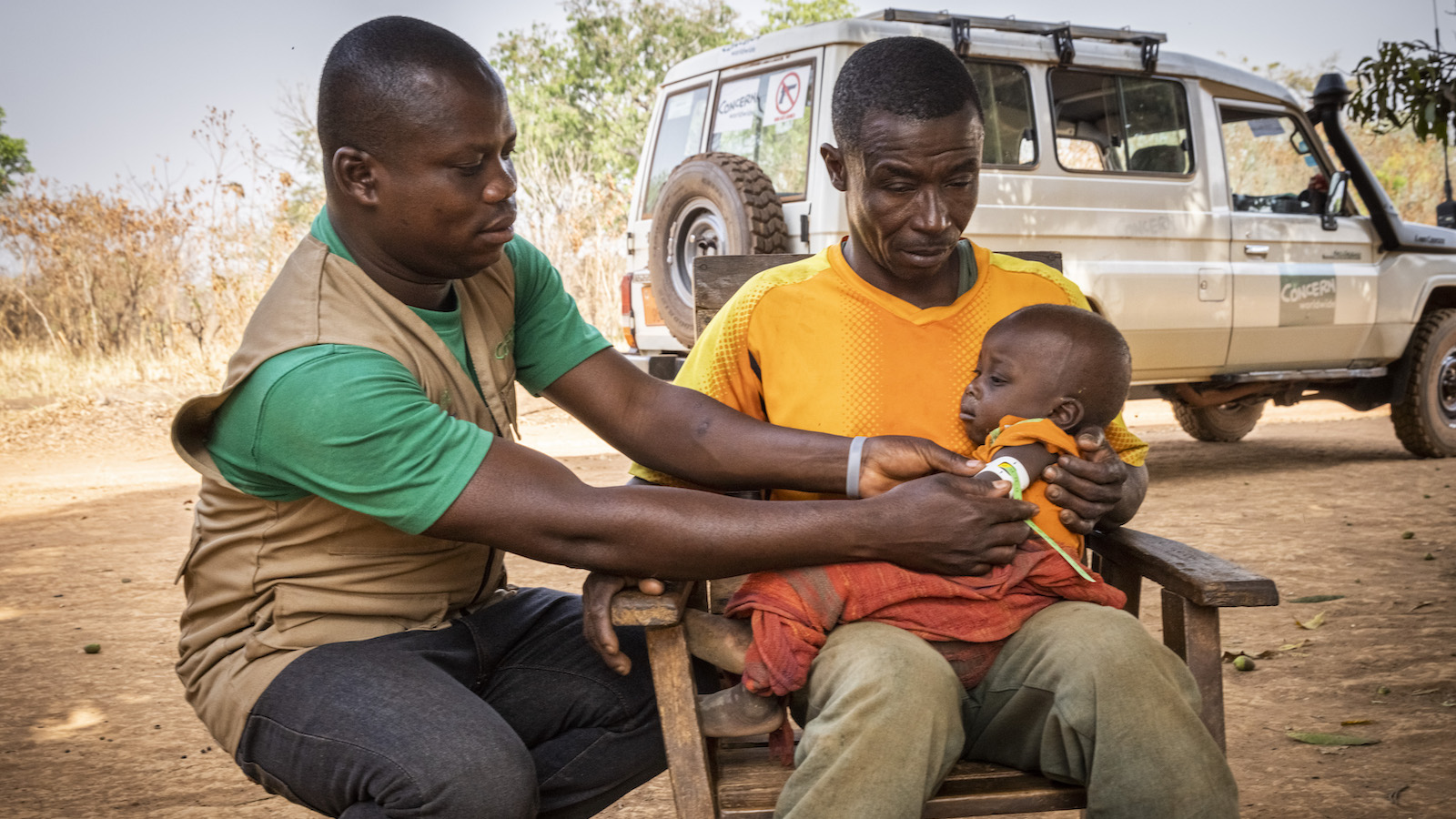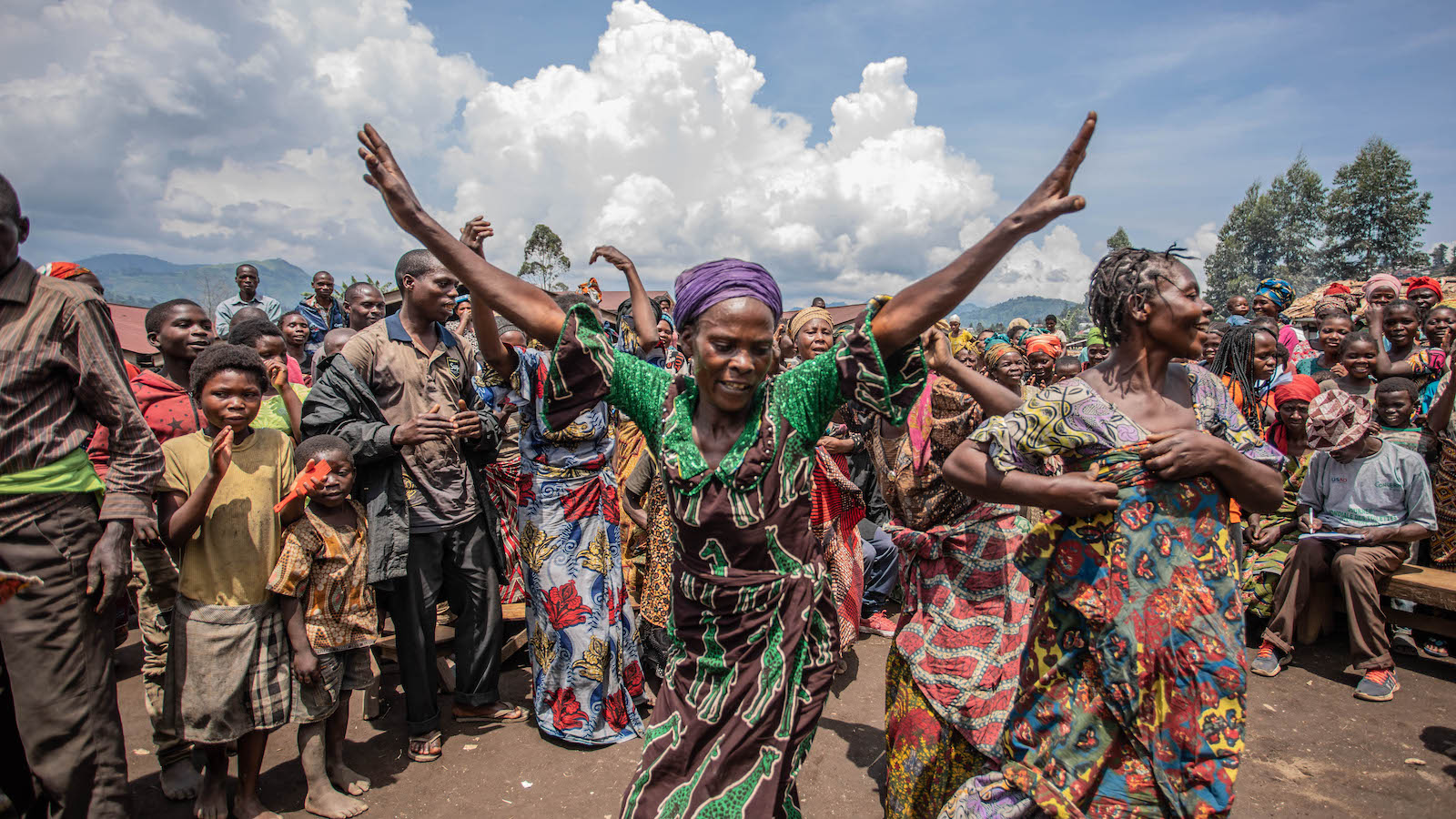Country stats
- Capital: Juba
- Population: 11.08 million
- People requiring humanitarian aid: 9 million
Concern’s response
- South Sudan program launched: 2011
- Program areas: Emergency Response, Health & Nutrition, Livelihoods, WASH
Why are we in South Sudan?
South Sudan gained independence in July 2011 and has experienced a long history of conflict, displacement, and deepening humanitarian needs. The Human Development Index (HDI) places South Sudan last out of 91 countries, and 2.2 million people remain internally displaced. We are responding by providing emergency, resilience, and long-term development programming.
Humanitarian needs keep increasing as donor funding continues to decline
Since March 2024, humanitarian needs in South Sudan have begun to rise higher than projected, largely due to the protracted conflict in Sudan. This has compounded the existing challenges facing South Sudan, including insecurity, violence, displacement, hunger, and severe flooding. It’s also disrupted international trade, and has led to an influx of both refugees and returnees. In January and February 2024 alone, an average of 1,500 to 2,000 individuals crossed into South Sudan every day, bringing the estimated total number of arrivals since April 2023 to over 660,000.
An estimated 9 million people are in need of humanitarian assistance in 2024. The latest Integrated Food Security Phase Classification (IPC) analysis estimates that 7.1 million people — roughly 56% of the population — will face acute food insecurity during this year’s lean season (April to July).
South Sudan also faces a challenge this December with the country’s first-ever elections. However, this is likely to trigger tensions and localised disruptions, while ongoing issues surrounding the conflict in Sudan and poor macroeconomic conditions could divert government attention away from the election, as well as critical national, state, and border security challenges.
Latest achievements
Program impact
Last year, we reached over 550,000 of some of the most vulnerable people in South Sudan through health and nutrition, livelihoods, WASH, food security, and shelter programs. 60% of those reached were women.
Emergency response
We were the first organization to initiate a response to the Sudan crisis through cash assistance to the returnees in Northern Bahr el Ghazal. Throughout 2023, we reached over 461,000 people through all of our emergency interventions in South Sudan.
Health & nutrition
In 2023, Concern supported nutrition services in 39 nutrition centers across South Sudan, reaching nearly 131,000 people with both curative and preventative nutrition services
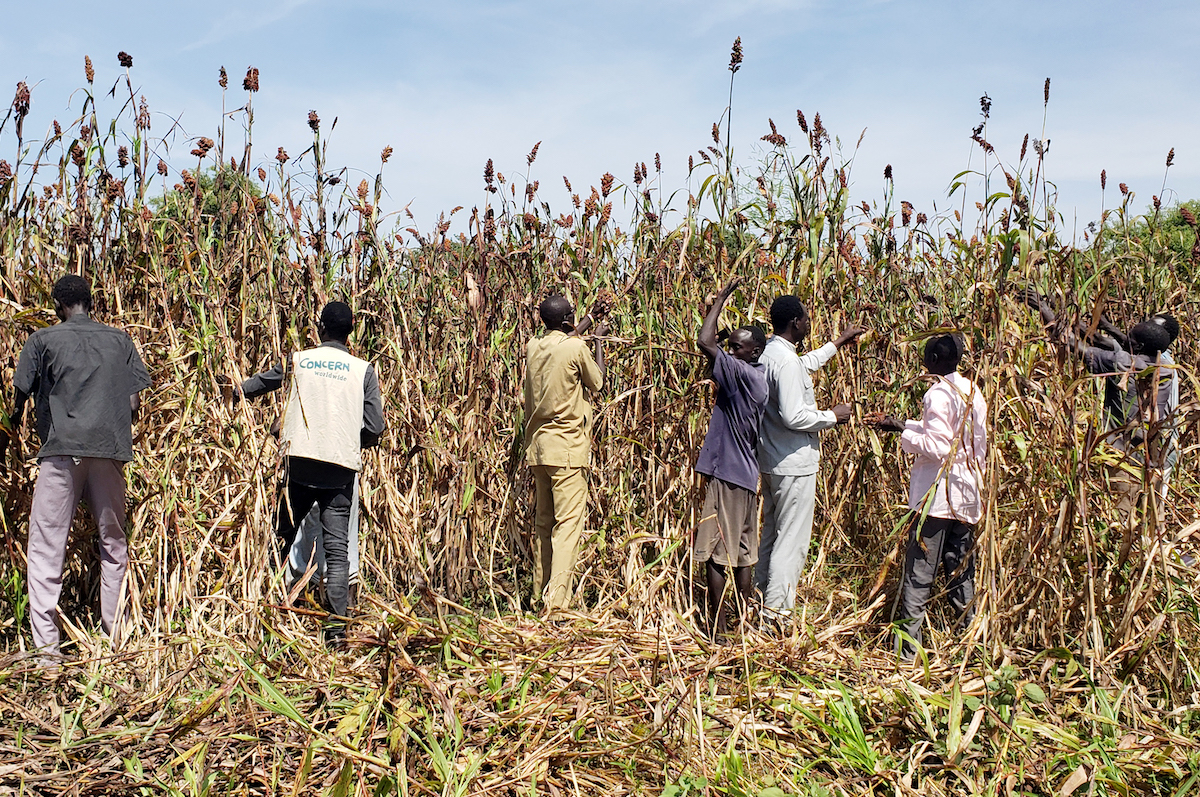
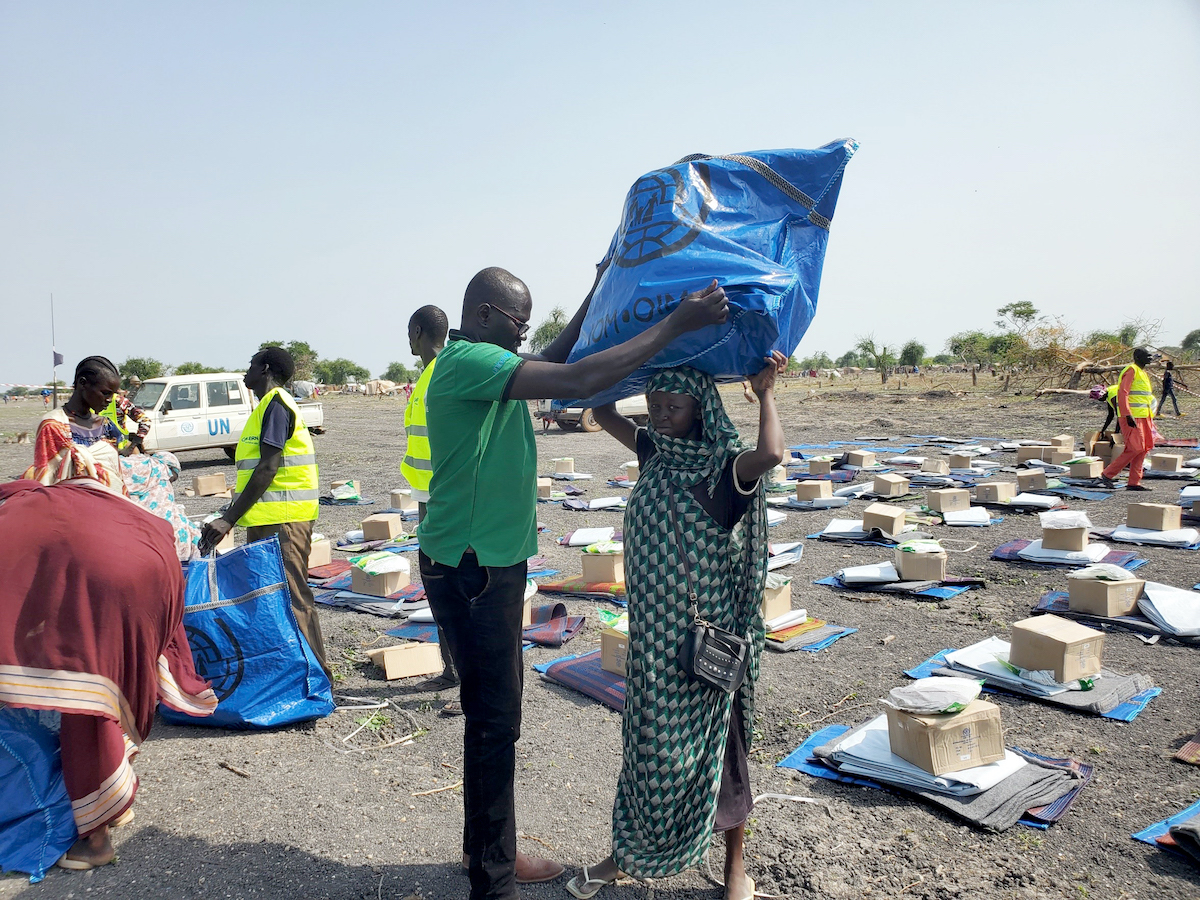
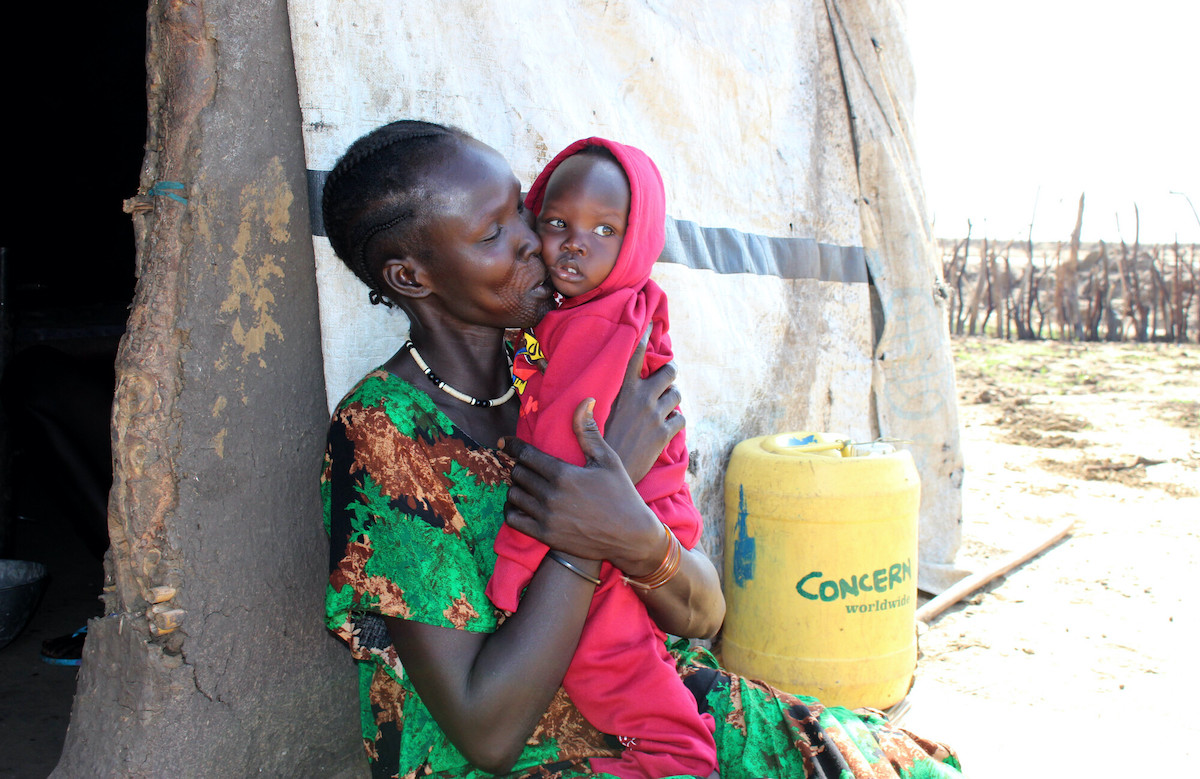
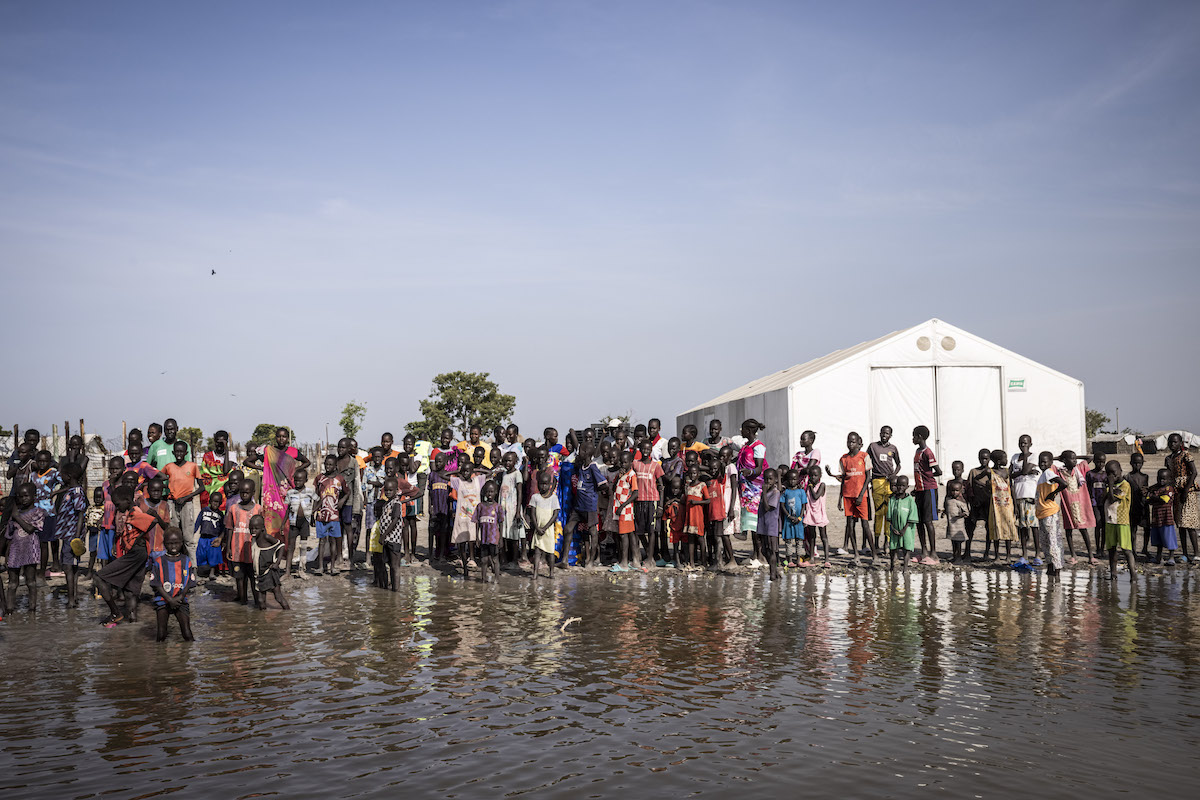
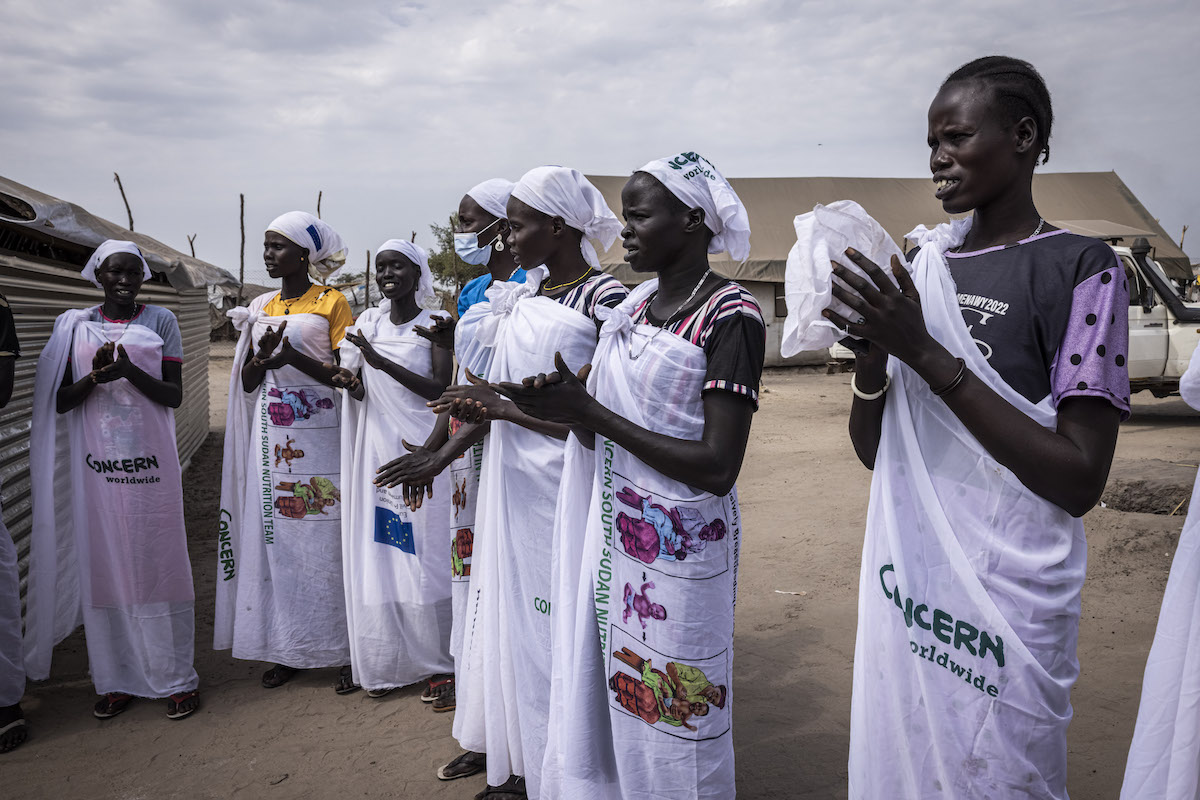
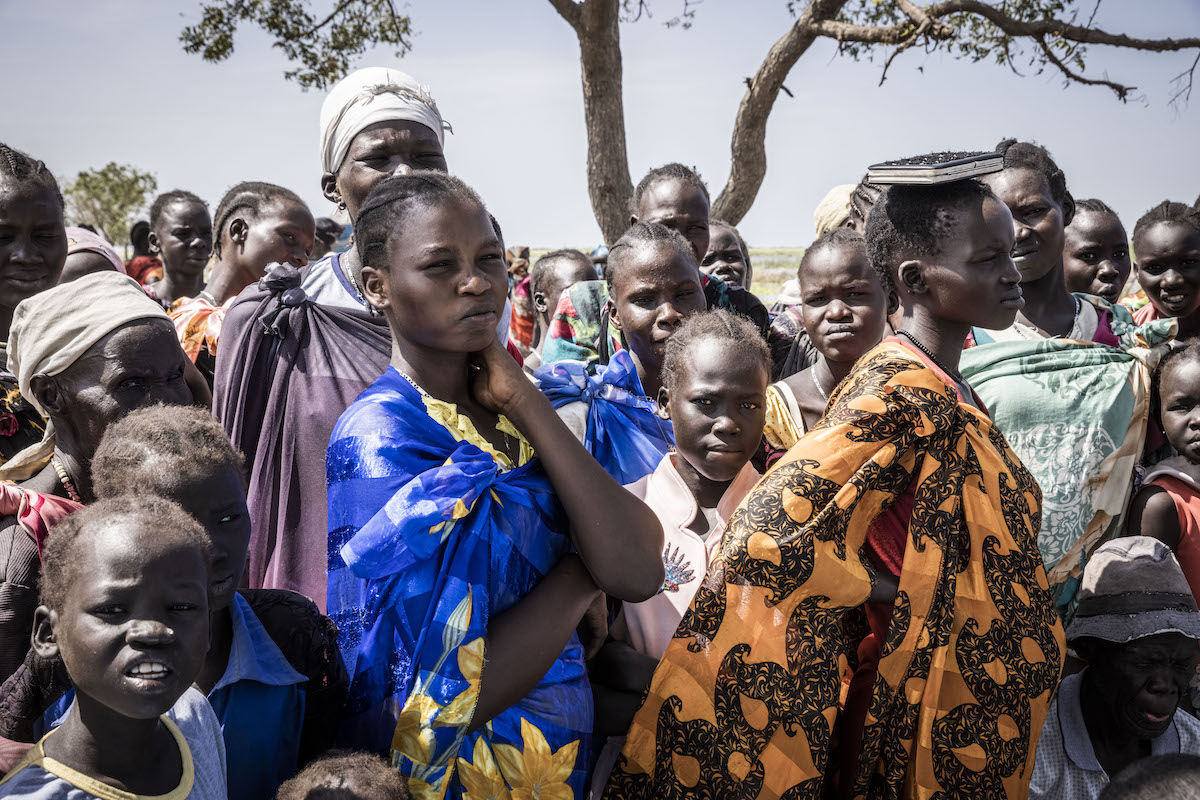
Our work in South Sudan
We're working hard to respond to the growing needs in South Sudan through emergency programming which includes activities around health, food security, and water sanitation and hygiene.

